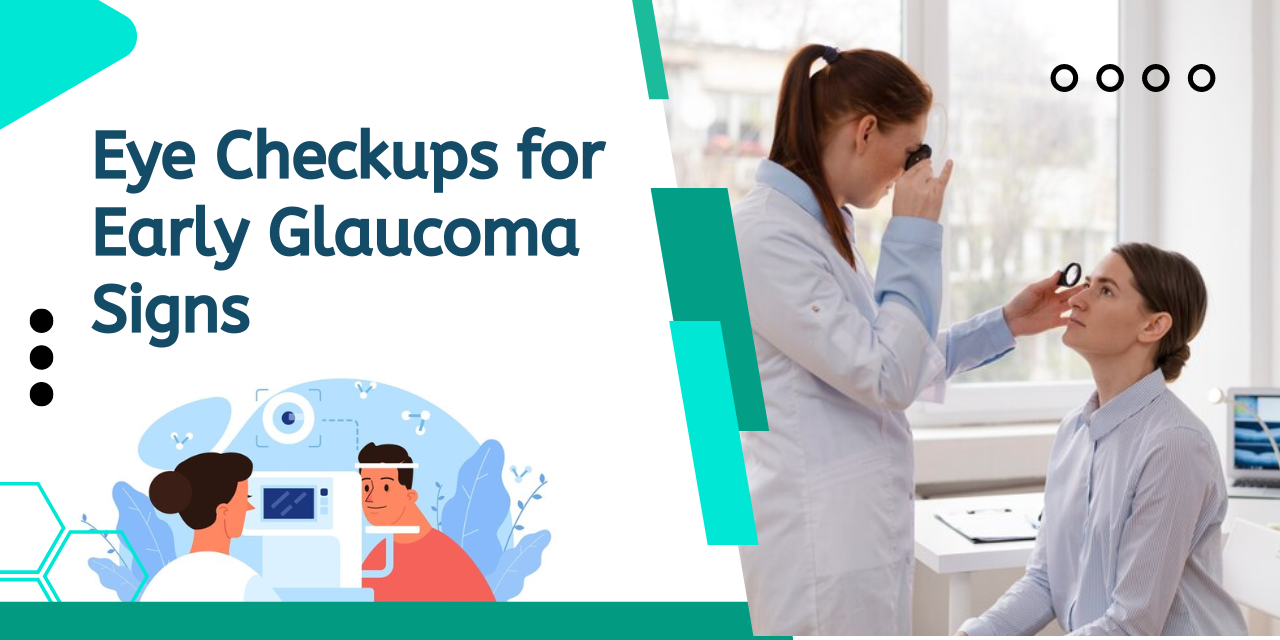Glaucoma is often referred to as the “silent thief of sight” due to its gradual onset and lack of noticeable symptoms until significant damage has occurred. Regular eye exams play a crucial role in the early detection and management of this potentially blinding condition. This article explores how routine eye examinations can aid in the early detection of glaucoma and the importance of timely treatment, particularly in Patiala, where specialized care is available.
Understanding Glaucoma
Glaucoma is characterized by damage to the optic nerve, often caused by elevated intraocular pressure (IOP). If left untreated, it can lead to irreversible vision loss. Two primary types of glaucoma are:
- Primary Open-Angle Glaucoma: This is the most common form, where the drainage canals become clogged over time, leading to a gradual increase in eye pressure.
- Angle-Closure Glaucoma: This occurs when the iris bulges forward to narrow or block the drainage angle, causing a sudden increase in IOP.
The Importance of Regular Eye Exams
Since glaucoma often develops without early symptoms, routine eye exams are the most effective way to detect the disease before it causes irreversible damage. Regular eye exams allow doctors to:
⏯ Measure Eye Pressure: One of the key indicators of glaucoma is elevated intraocular pressure (IOP). During a routine eye exam, doctors measure your eye pressure using a device called a tonometer. Higher-than-normal pressure may indicate the risk of glaucoma.
⏯ Examine the Optic Nerve: An eye exam includes a detailed inspection of the optic nerve using specialized imaging techniques. This helps the doctor detect early signs of optic nerve damage before vision loss begins.
⏯ Test Peripheral Vision: Glaucoma often affects peripheral vision first. During an eye exam, doctors conduct visual field tests to assess any blind spots or areas where peripheral vision may be compromised.
⏯ Check the Angle of the Eye: Gonioscopy is a test used to check the angle where the iris meets the cornea. If the angle is narrow or closed, it may suggest the presence of angle-closure glaucoma.
⏯ Assess the Thickness of the Cornea: Pachymetry measures corneal thickness, which can influence eye pressure readings. Knowing the thickness of the cornea helps in better diagnosing and managing glaucoma.
Who Is at Risk for Glaucoma?
While anyone can develop glaucoma, certain groups are at higher risk:
- People over 60 years old: Glaucoma becomes more common with age.
- Family history of glaucoma: A family history increases your chances of developing the condition.
- Ethnic background: African Americans, Hispanics, and Asians are at higher risk for certain types of glaucoma.
- Existing eye conditions: Conditions such as myopia (nearsightedness) or diabetes can increase the risk of glaucoma.
- Previous eye injuries: Trauma to the eye can damage the optic nerve and lead to secondary glaucoma.
If you fall into any of these risk categories, it’s even more crucial to schedule regular eye exams, as early detection can help prevent severe damage.
Why Choose Regular Eye Exams?
Optometrists recommend that adults have their eyes examined every one to two years, depending on their age and risk factors. Early detection through regular eye exams not only preserves vision but also enhances the quality of life for individuals at risk for glaucoma. If you’re seeking Glaucoma Treatment in Patiala, regular check-ups are vital to catch the disease early and ensure timely intervention, helping to prevent significant vision loss.
Conclusion
Regular eye exams are essential for detecting glaucoma early, a condition that can cause permanent blindness if untreated. Dr. Preet Inder Singh, a leading Dr. Kavnit Kaur at Dr. PreetInder Singh Eye Hospital in Patiala, stresses the need for comprehensive exams to check intraocular pressure, optic nerve health, and visual fields. Early detection allows timely treatment to prevent vision loss. If you’re over 40 or at risk, schedule your exam today. Call +911752227169 for appointments.

